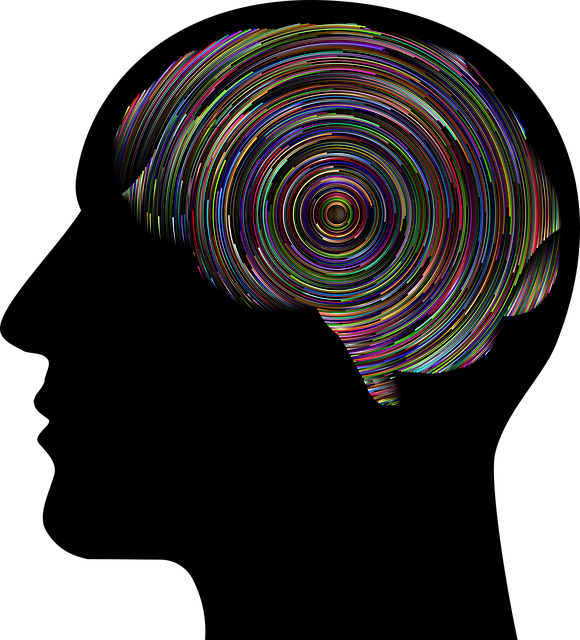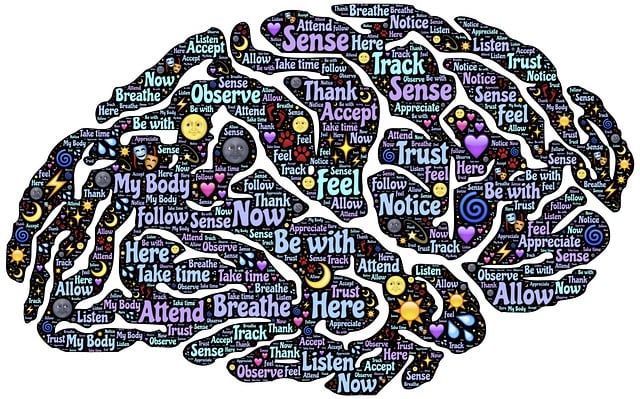Therapy for young adults dealing with loss, grief, and bereavement emphasizes the unique nature of their experiences, addressing academic pressures, identity formation, and lack of coping mechanisms. Bariatric evaluations play a vital role in this therapy by holistically assessing physical and emotional health, uncovering underlying issues, and tailoring interventions. Cognitive-behavioral therapy (CBT) and trauma support services, including EMDR, enhance well-being through stress management strategies. Public awareness campaigns destigmatize grief, fostering culturally sensitive mental healthcare practices for young adults.
“Grief and bereavement are universal experiences that can profoundly impact individuals, especially young adults navigating life’s challenges. This comprehensive guide explores the intricate relationship between loss, grief, and bereavement counseling, offering insights into effective support systems. We delve into the role of therapy for young adults, focusing on tailored approaches to manage grief. Additionally, we discuss bariatric evaluations as a crucial tool to assess physical and emotional health post-loss, providing a holistic understanding of well-being during difficult times.”
- Understanding Loss, Grief, and Bereavement: A Comprehensive Overview
- The Role of Counseling in Supporting Young Adults Through Difficulties
- Bariatric Evaluations: Assessing Physical and Emotional Health Post-Loss
- Effective Therapy Approaches for Managing Grief and Enhancing Well-being
Understanding Loss, Grief, and Bereavement: A Comprehensive Overview

Understanding loss, grief, and bereavement is a complex journey that involves recognizing the unique emotional experiences of individuals facing the death of a loved one. Loss can manifest in various forms, from the sudden departure due to an accident or illness to the gradual letting go after a prolonged illness. It is a deeply personal process that varies greatly among individuals and cultures.
Grief, as a natural response to loss, encompasses a wide range of emotions—sorrow, anger, guilt, confusion, and even relief. This complex emotional landscape can be overwhelming for many, leading to the need for professional support. Therapy for young adults facing these challenges is invaluable, offering safe spaces to process their feelings and develop coping mechanisms tailored to their unique circumstances. Bariatric evaluations, while not directly related, play a role in overall well-being, ensuring individuals are physically prepared to navigate the emotional demands of bereavement. Public awareness campaigns on loss, grief, and bereavement can help destigmatize these experiences and foster cultural sensitivity in mental healthcare practices, enabling more effective support for all.
The Role of Counseling in Supporting Young Adults Through Difficulties

Counseling plays a pivotal role in supporting young adults navigating loss, grief, and bereavement. This is especially crucial given the unique challenges they face, such as balancing academic demands, social pressures, and identity formation. Therapy for young adults provides a safe space to process complex emotions, fostering resilience through understanding and self-compassion. Unlike adult populations, who may have established coping mechanisms or support systems, young adults often require specialized guidance to manage their mental health during these difficult periods.
In the context of loss and grief, counseling can facilitate crucial bariatric evaluations—assessments that help identify underlying issues contributing to emotional distress. This proactive approach is vital for burnout prevention among young adults, who may be susceptible to overlooking their own well-being amidst academic or social expectations. Furthermore, counseling sessions can incorporate Social Skills Training to enhance support networks and communication strategies, ensuring these individuals have the tools to navigate grief while maintaining healthy relationships.
Bariatric Evaluations: Assessing Physical and Emotional Health Post-Loss

After a significant loss, individuals often experience a cascade of emotions and physical changes. Bariatric evaluations step into this critical phase by offering a comprehensive assessment of an individual’s well-being, encompassing both physical and emotional health. For young adults navigating therapy, these evaluations are crucial in understanding the interplay between diet, exercise, mental state, and overall health post-loss. This multi-faceted approach ensures that any underlying issues, such as burnout prevention strategies for healthcare providers or the need for trauma support services, are addressed.
Moreover, bariatric evaluations can serve as a gateway to tailored interventions, including mental wellness coaching programs development, which have been shown to enhance recovery and promote resilience. By integrating physical and emotional health assessments, these evaluations empower individuals to take charge of their well-being, fostering a sense of agency in the healing process.
Effective Therapy Approaches for Managing Grief and Enhancing Well-being

In the realm of grief and bereavement counseling, several effective therapy approaches have emerged to support individuals in navigating their emotional journeys. For young adults grappling with loss, cognitive-behavioral therapy (CBT) has proven beneficial. CBT focuses on identifying and modifying negative thought patterns associated with grief, fostering positive thinking, and enhancing coping mechanisms. This approach empowers individuals to manage stress and anxiety related to the loss, enabling them to process their emotions healthily.
Additionally, trauma support services play a crucial role in addressing complex grief scenarios, especially among bariatric patients who may have experienced significant life changes or losses. Integrating techniques such as eye movement desensitization and reprocessing (EMDR) can help individuals process traumatic memories associated with bereavement, promoting emotional healing. By combining these therapeutic methods with stress management strategies, counseling sessions become comprehensive tools for enhancing well-being and fostering resilience in the face of grief.
In navigating the complex journey of loss, grief, and bereavement, professional counseling plays a pivotal role in supporting young adults. This article has explored various aspects, from understanding these emotions to assessing physical and emotional health through bariatric evaluations. It has highlighted effective therapy approaches tailored for young adults, emphasizing their importance in managing grief and enhancing overall well-being. By recognizing the unique challenges they face, we can provide targeted support, ensuring that those dealing with loss have access to the resources needed for healing and personal growth.














